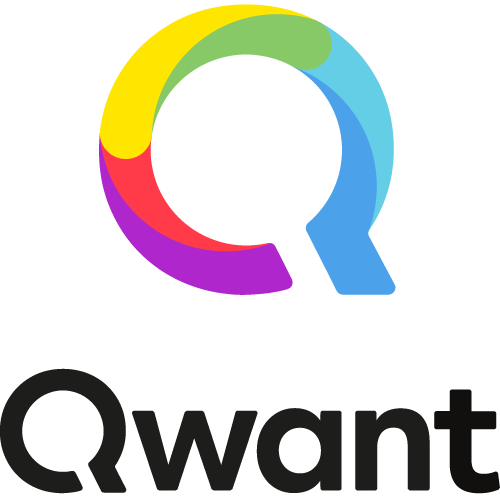Search Engines -- are you being searched?
Used to it was said that information was power and that the internet would give power to everyone. But that information is generally only obtainable through search engines. So who has the power, those searching for information, or those providing the search?
And what of the information regarding what you searched for, and what you clicked on? That is information, about you. So if information is power, who holds that power? Not you.
There is the temptation to make lots of money from that power, not by merely advertising, but from claiming to influence the one doing the search. If the principles of behavioralist psychology are used to influence one to purchase one thing or another, then two bad things happen: First, the web becomes commercialized, and second, it opens the door for the robber barons to force their private ideologies on those using the search engine. Google has said that they are not in the business of selling ads, but rather they make money by modifying behavior--your behavior. Why put up with that?
The mad rush to monetize search results means a lack of emphasis on perhaps the most important pages of all, those made by ordinary people who will not pay the tech bullies for top result spots. And some of the returns from searches are bizarre. For example, a random post to a forum from ten years ago is listed above a fresh website dedicated entirely to the same topic? And who has not searched for something non-commercial, and gotten a result trying to sell something? For example, I once searched for something about the Falkland War and got a result of Click here for Falkland War at 40% off Today! Would that be reinactment of the war with the original soldiers, or new ones?
And the idea that everything is there in a search engine leaves people open to being taken advantage of. A common story is someone gets locked out of their home or car, so they whip out the smart phone and search for a local locksmith. They think it is a little odd when someone with a strange accent answers the phone in what seems to be a call center. Then the bad part happens, some un-licensed and un-trained person shows up, and gets the car open and then presents a bill for hundreds of dollars. Or they open a house by beating the knob off with a hammer and present a similar bill. News flash: the “scammers” as they are called know how to game the system to get the top Google spots. Meanwhile, the local locksmiths, who can open cars and homes quickly and with no damage for a fraction of the price, lose business. That convenience of whipping out the old phone and doing a search is costly. But Google makes money every click, so what do they care? Do yourself a favor, find a brick and mortar lock shop and write their number on a card and keep it in your wallet, or put it in your phone.
The links below are alternates to search engines that gather data on you. Note, that some will try to shove news in your face. There are notes next to each one on how to turn that off.
SwissCows is my personal Favorite. From Switzerland. Fast, reliable, good meaningful results, and they collect no information on you. Does not use the Cloud. Porn is screened out. If you have kids at home, think about blocking every search engine but this one as most cannot be made to reliably block porn results. Most of the search results are derived from Bing. Swisscows gets their operating funds by one lonely, generic non-targeted banner ad on the main screen, and on donations from users. Think about donating, they deserve it.
DuckDuckGo is a US-based search engine. Gets its search result data from Bing, but does not track one the way Bing does. It is funded by selling ads based on individual search results, but not on marketing data based on a profile it builds on you. If any engine were to go to the dark side, it might be this one, but it is not there now.
MetaGer is a nonprofit from Germany. Has good search results. It uses multiple search engines and combines them on the page while not tracking users. Is powered by green energy if that is important to you.
MoJeek this is a UK based privacy focused search engine, but it comes with its own “web crawler.” In other words, instead of piggy-backing on Bing, etc., it searches the web on its own. That is a good thing as it might return results that the other engines will not find.
Qwant is based on Bing as well, but without tracking. Out of France. To turn off the news and feeds, click the settings icon in the lower right hand corner, unclick Trends, unclick News, then click on save near the top.
Start Page uses Google results, but without tracking. Out of the Netherlands.
Given all these options, is there really any reason to use Google or Bing?



